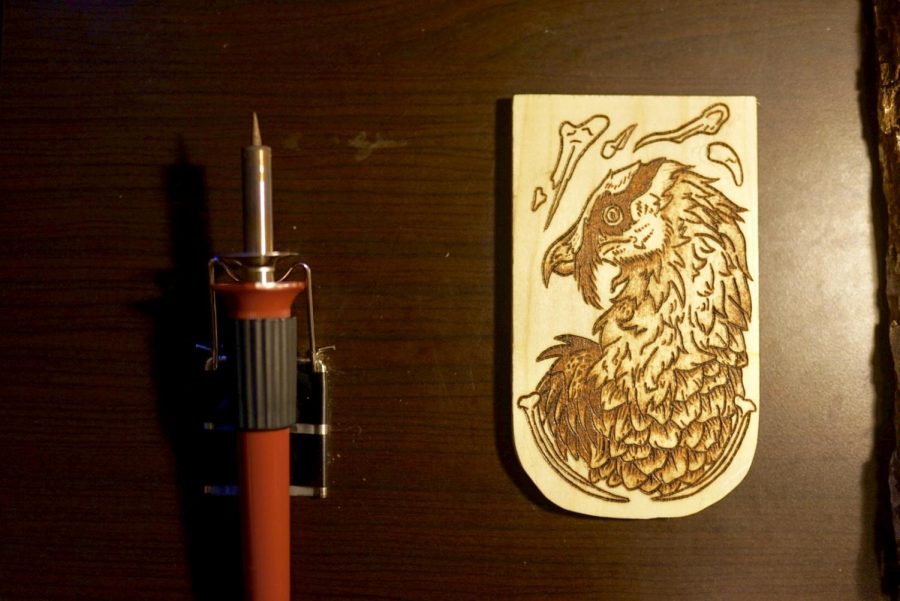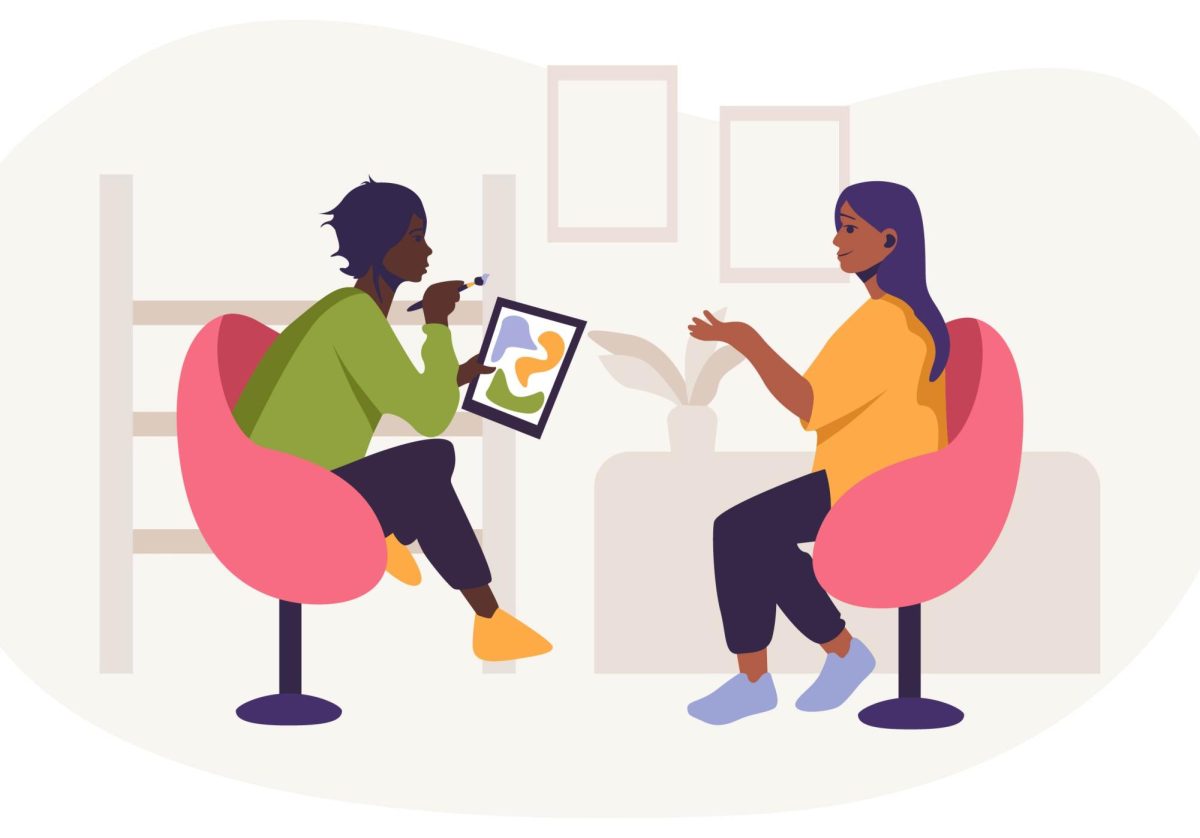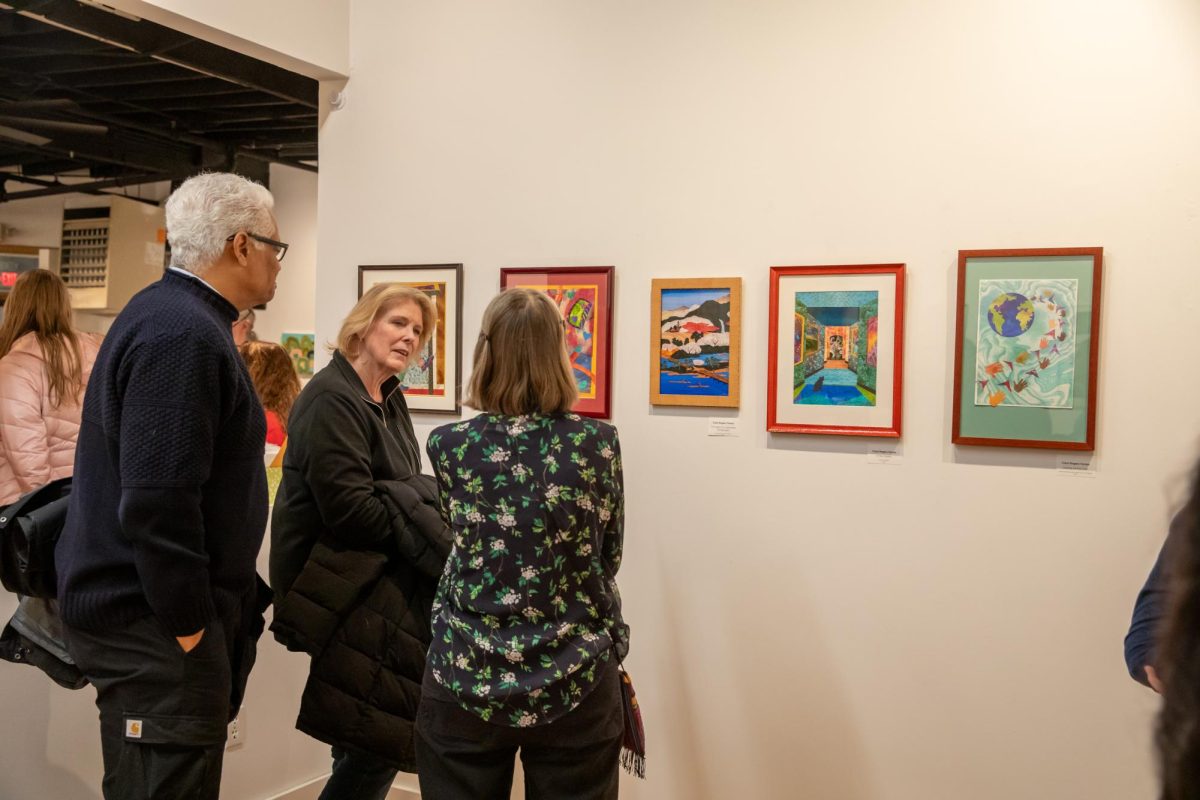Ever since March, we’ve been stuck at home, alone and uninspired. But this solitude has invited us to turn inward and examine what we enjoy and how we want to spend our time.
Students and recent grads have taken the free time the pandemic has provided them to dive deeper into what they’re interested in, exploring new hobbies and developing new skills that will keep them busy during the pandemic and once it ends.
Computer science graduate student Tyler Wendland was hanging out with his pod in May when they suggested picking up a game of chess.
Wendland knew the rules, but had little experience. Yet, at the end of the game, it was his rook holding his opponent’s king hostage. Instantly Wendland was filled with a rush of satisfaction.
“It felt like I had picked up a guitar for the first time and played ‘Smoke on the Water’ without knowing any chords — an achievement from something I knew almost nothing about.”
After that, Wendland’s affinity for chess only increased. He dedicates most of his free time to the game, playing games online and perusing Twin Cities’ indie bookstores to find old chess books, reading them to learn about different openings and ways to win the game.
When asked how many hours he dedicates a day to the game, Wendland responded, “Too many.” Some days it’s only an hour, but other days he will play up to eight hours — dedicating more time to the game than to sleep.
“[Chess] is sort of an art. That might sound kind of hoity-toity, but I do think it gives me a form of expression,” Wendland said.
Wendland confessed to frequently doomscrolling since the pandemic began, but through chess, he has been able to distract himself from the anxiety of the news.
Wendland isn’t the only one to feel overwhelmed by the stress of the year, turning to their interests for distractions.
Sarah Copeland, a third-year student studying biochemistry, purchased a pyrography tool in February, before the pandemic began.
Pyrography, meaning “writing with fire,” is the art of burning wood to create artwork. The pyrographer uses the heated tool to create pictures.
Copeland, an avid drawer from a young age, taught herself how to woodburn at the beginning of lockdown.
“When I was in some of my more stressful classes, I would fire up my little wood burning iron and get to work while I was listening to the lecture material,” Copeland explained. “I was able to listen and then also work on something that I was actively enjoying and kind of pair that with each other to remember the material a little better.”
For Christmas, she gifted her sister woodburned earrings and made her mom a woodburned plaque. Back at her apartment, her art hangs from her wall.
Jake Moe, a third-year aerospace engineering major, developed a collection of his own. A self-described music junkie, he’s grown his record collection from nothing to over 30 records during the span of the pandemic. His new music collection includes artists ranging from Frank Sinatra to Clairo.
“In the start of the pandemic I kind of set a goal for myself that I wanted to become more of an open-minded music listener. And I really wanted to like, understand the music more,” Moe said. “So, [records] just give me another thing to learn about and appreciate in my day to day life.”
Hobbies can provide a momentary distraction, but also give people something to look forward to once we no longer have to social distance. Recent graduate Sungho Sohn has been studying Japanese in hopes of traveling there once the pandemic ends.
Sohn was planning on visiting family in Korea and then exploring Japan on the way back, but that got canceled. During quarantine, he thought that if he was going to visit Japan in the future, he might as well learn the language.
“I think there’s something really satisfying about being able to communicate with someone else, and not making them feel uncomfortable,” Sohn said. “It’s almost borderline arrogant, going around and only speaking English.”
Concerning all of the “negative current events” that occurred within the past year, Sohn said, “From time to time, we all need a break.” Teaching himself Japanese everyday provided that..
“It’s a way for me to think back and remember what things were like before the pandemic and work towards a goal for when the chance [to travel to Japan] arises again,” Sohn said.














